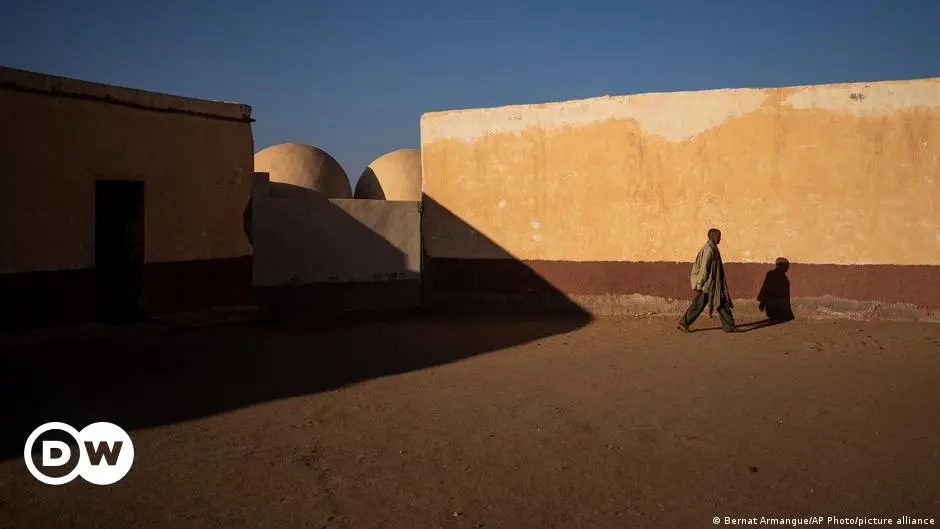Characterized by vast expanses of dunes and sparsely vegetated plains, Western Sahara is a predominantly desert and arid territory. The United Nations categorizes
it as a non-self-governing territory, essentially a remnant of a former colony.
But underneath its soil lies abundant reserves of phosphate — a vital component in fertilizer production, which became a strategically important commodity following the war in Ukraine. The territory also has rich fishing waters along its coastline on the Atlantic Ocean.
Morocco considers Western Sahara an integral part of its territory and has maintained de facto control over most of the region for decades. However, most countries — and the United Nations — have refused to endorse Morocco’s claim.
Along with the UN General Assembly, several international courts including the International Court of Justice
have ruled that colonialization in Western Sahara is still pending and Morocco’s efforts to annex it are illegal.
[article continues]


